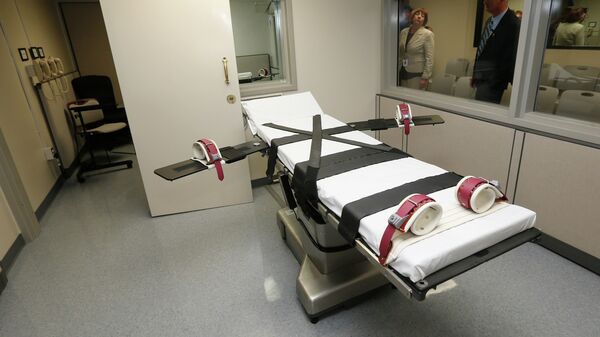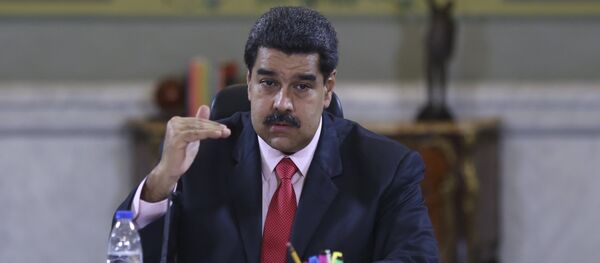The ruling deemed unconstitutional a new law stating that a defendant could only be sentenced to death if 10 out of 12 jurors endorsed it.
Justice Barbara Pariente, writing in agreement with the decision, said "If 'death is different,' as this Court and the United States Supreme Court have repeatedly pronounced, then requiring unanimity in the jury's final recommendation of life or death is an essential prerequisite to the continued constitutionality of the death penalty in this state."
Justices also concluded on Friday that Tommy Lee Hurst, a Pensacola man convicted of murder after stabbing his co-worker to death in 1998, would receive a new sentencing hearing. A judge imposed the death penalty for Hurst, though the jury was divided 7-5 on the matter.
The decision was upheld initially, but in January the US Supreme Court forced Florida’s highest court to reconsider its decision, declaring the death penalty sentencing law unconstitutional.
"The Sixth Amendment protects a defendant’s right to an impartial jury. This right required Florida to base Timothy Hurst’s death sentence on a jury’s verdict, not a judge’s fact-finding," Supreme Court Justice Sonia Sotomayor wrote in the US Supreme Court’s opinion in Hurst’s suit against his sentencing. "Florida’s sentencing scheme, which required the judge alone to find the existence of an aggravating circumstance, is therefore unconstitutional."
Their decision led to two more executions in Florida being put on hold, with legislators subsequently changing the law requiring a majority of jurors to recommend the death penalty to 10 out of 12 jurors.
Florida justices received a request to reduce the sentence of all 385 of the state’s death row inmates to life without parole, but this was rejected.
Lawmakers will have to reconsider the death penalty law because of the court’s decision.The Florida legislature will not hold a regular session until March, though they will have a one-day organizational session in November.




